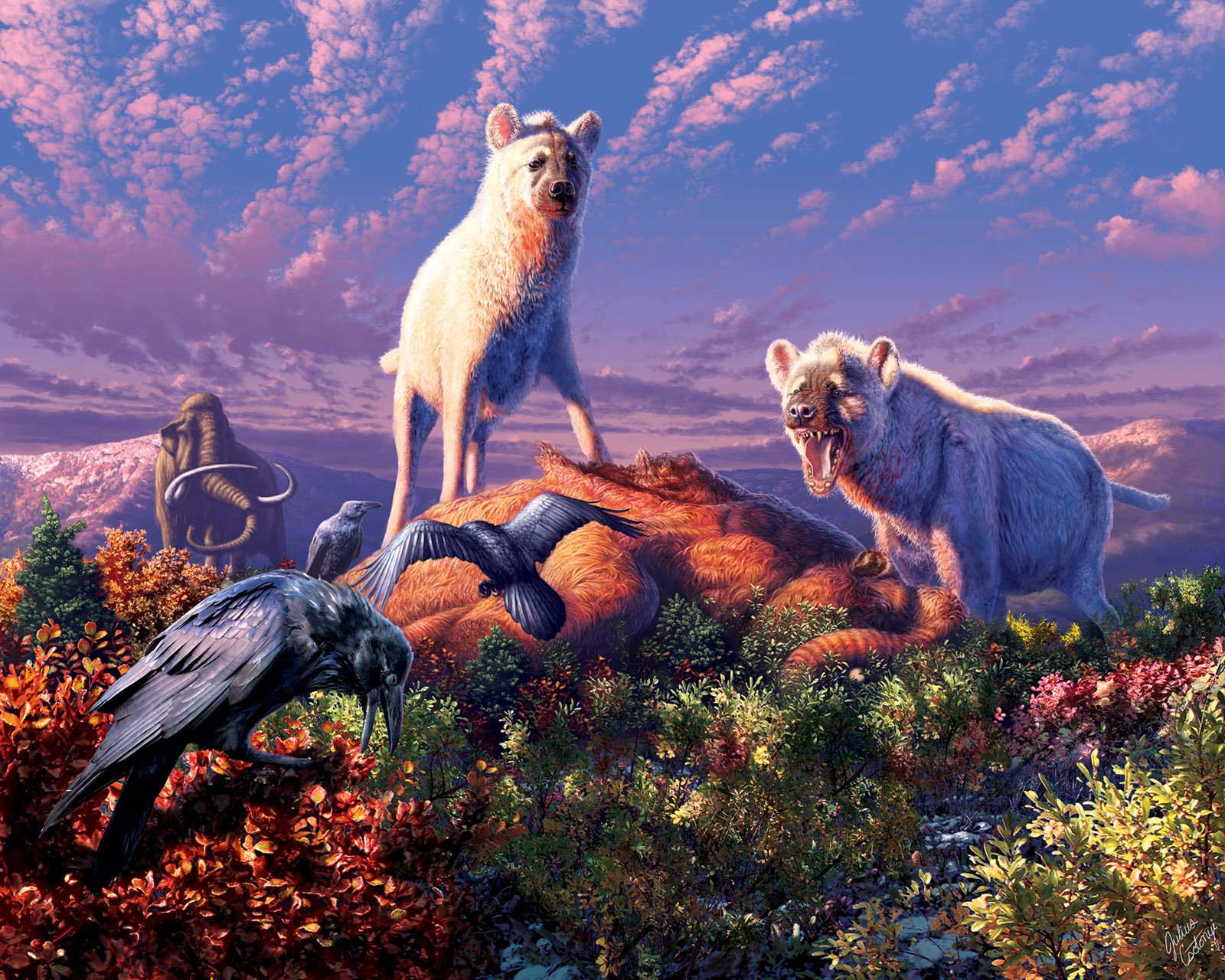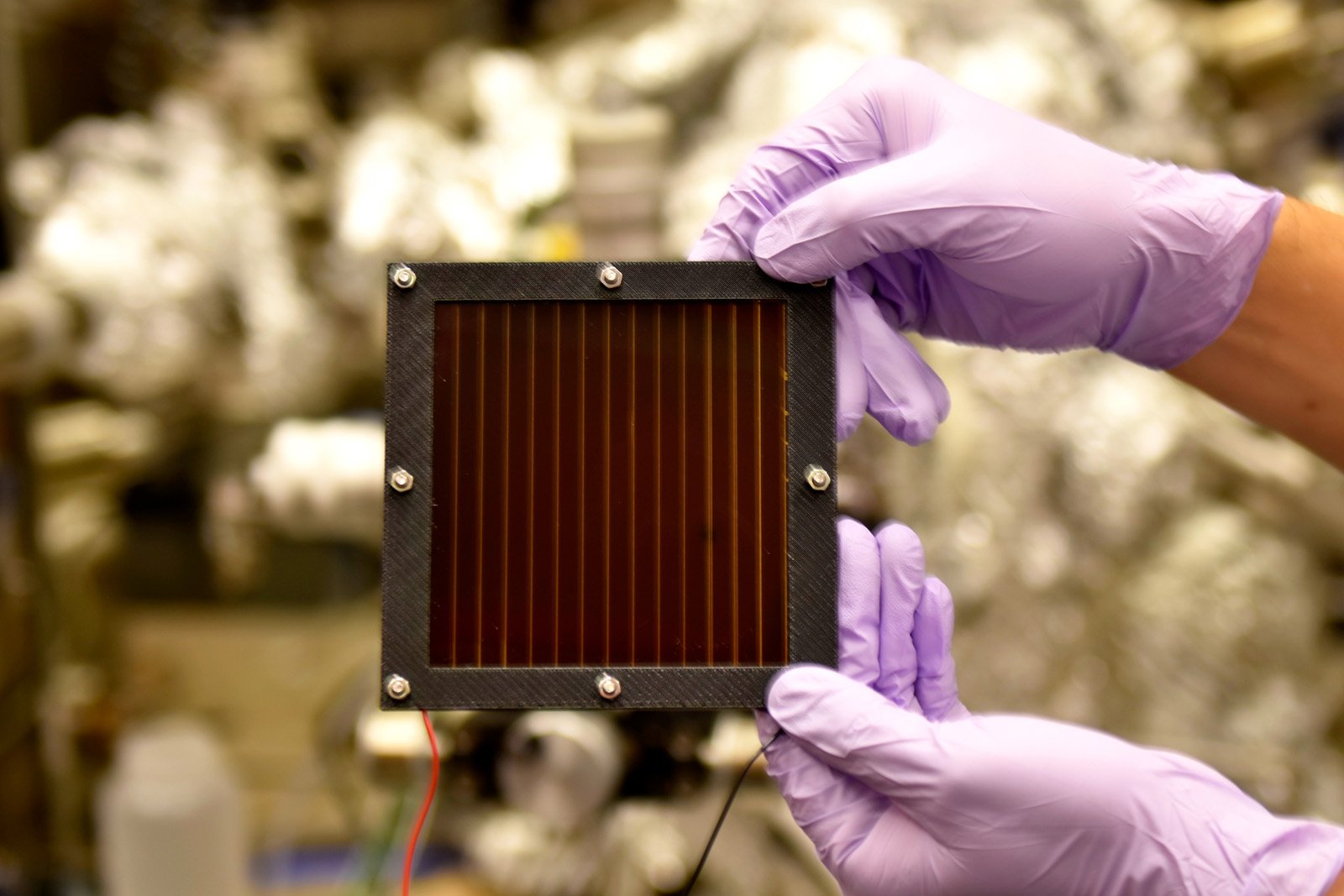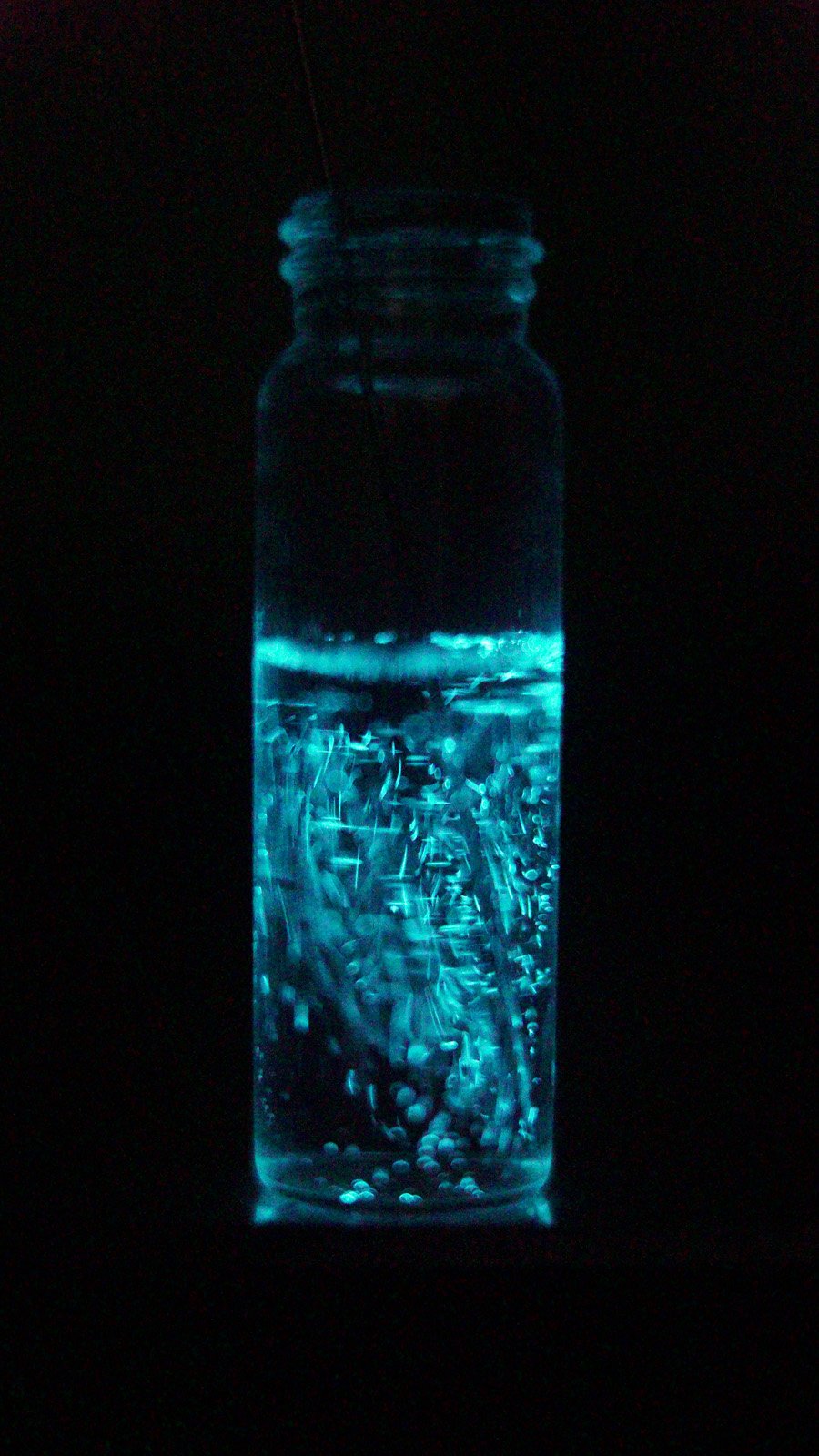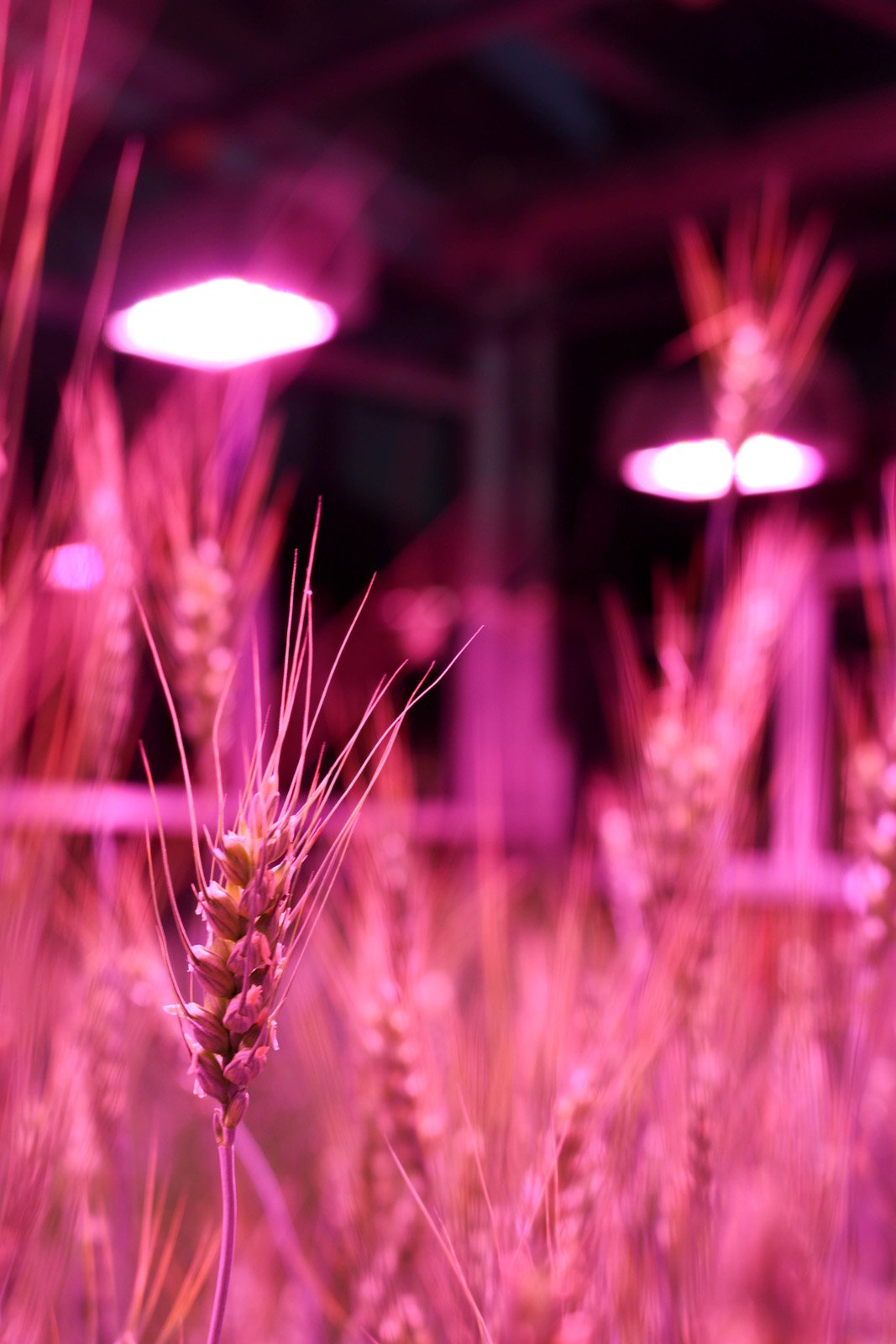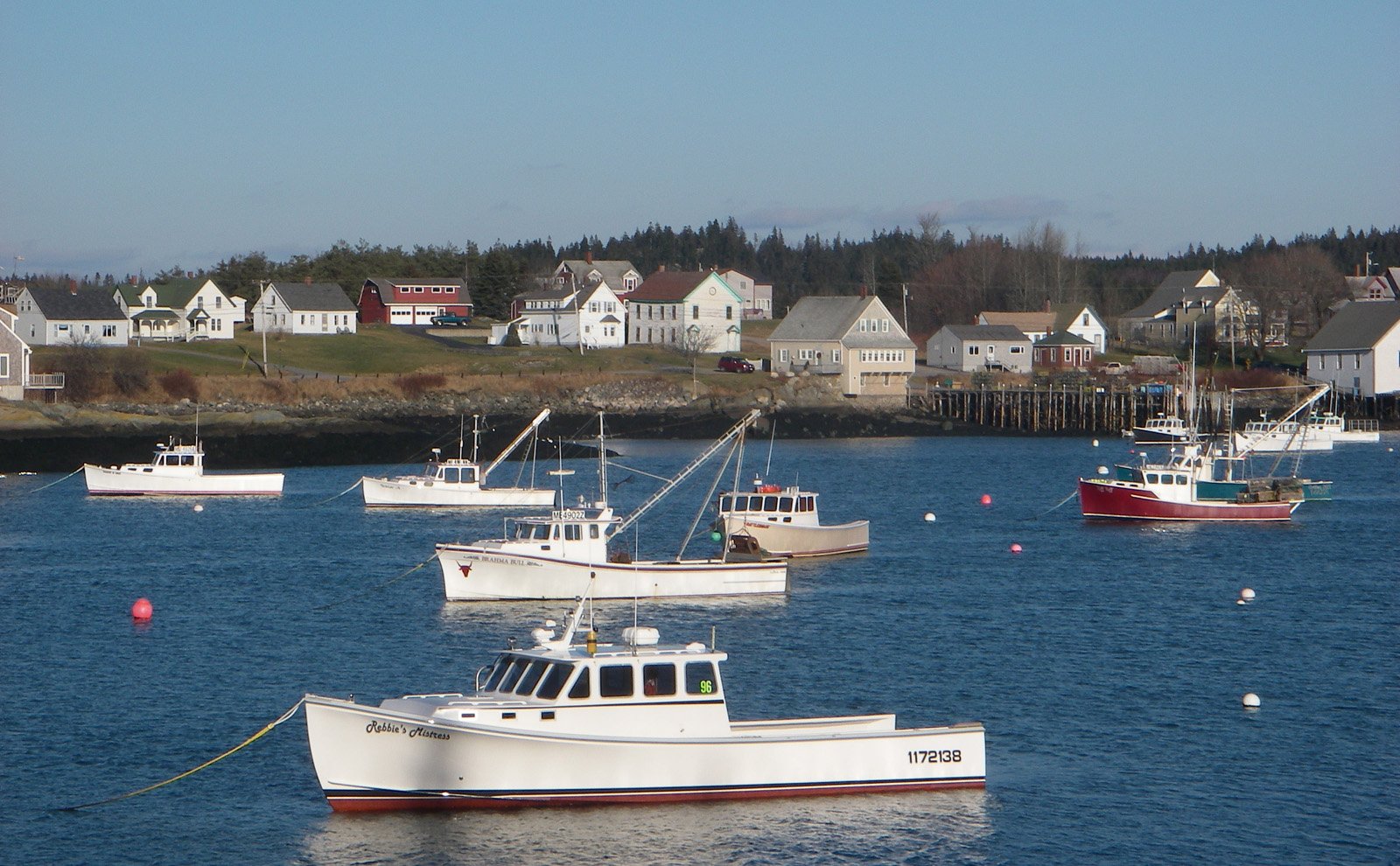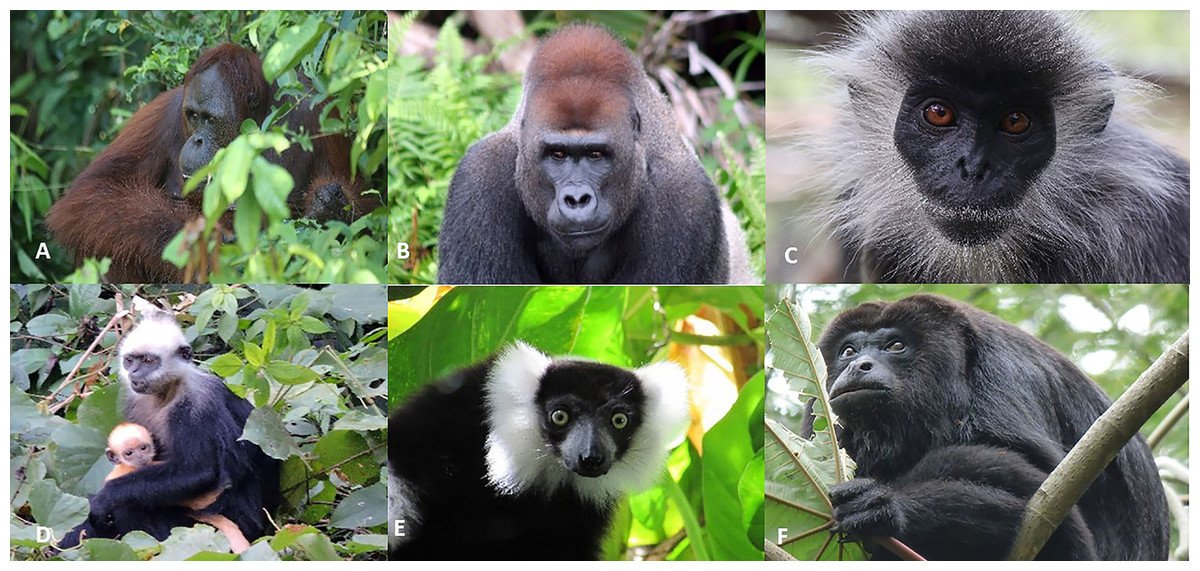Fossil teeth reveal ancient hyenas in the Arctic
Modern hyenas are known as hunters and scavengers in Asian and African ecosystems such as the savanna. But in ancient times, these powerful carnivores also roamed a very different landscape, inhabiting the frigid Arctic during the last ice age, according to a new study led by the University at Buffalo. The research, which will be … Read more
